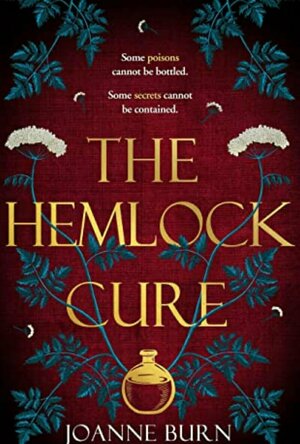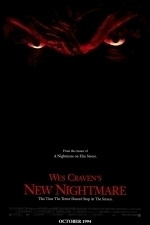
The Orchard by HABA - colors & shapes for children
Games and Education
App
Shiny cherries, juicy apples, sweet pears, and glorious plums hang ripe from the trees. But cheeky...

SUV Racing: The Real Jeeps Driving Experience
Games and Entertainment
App
Xtreme Off-road battle attack starts with luxury defenders on SVX concepts. Drive 4x4 SUV defenders...

Network Multimeter
Utilities
App
Network Multimeter is an iPhone app that lets you move around your house, coffee shop, or any wifi...
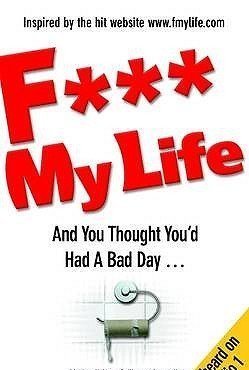
F My Life: And You Thought You'd Had A Bad Day
Book
Today, my boss fired me via text message. I don't have a text messaging plan. I paid 25 cents to get...
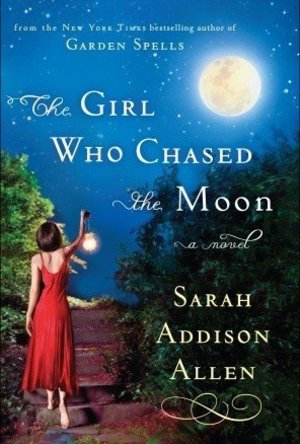
The Girl Who Chased the Moon
Book
In her latest enchanting novel, New York Times bestselling author Sarah Addison Allen invites you to...
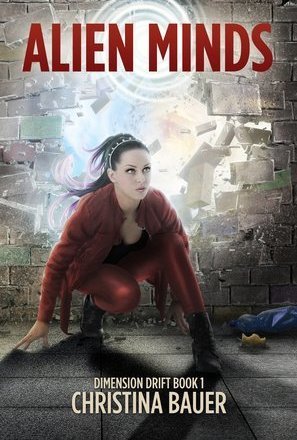
Alien Minds (Dimension Drift #3)
Book
DIVERGENT meets OCEAN’S EIGHT in this urban fantasy heist! On my seventeenth birthday, I wake...
Science Fiction Young Adult
ClareR (6091 KP) rated The Hemlock Cure in Books
Apr 6, 2023
The real evil isn’t a disease, it’s being shut in with people who clearly do not have good intentions.
The village of Eyam is well known for the decision to shut itself off from the outside world when its inhabitants started to become ill and die. They understood that the only way to halt the spread of the disease was to isolate themselves - a selfless act.
This novel looks at some of the families and their relationships inside and outside of their family units. The local apothecary and his daughter Mae, are one such family. Mae is desperate to be her fathers apprentice, but this isn’t a time in history where it’s safe for a woman to be working with herbs. So Mae studies with the midwife and a local wise woman (who are both also skating on thin ice, truth be told).
The plague wasn’t a constant in London it appears, and we travel there with one of the main characters. The contrast between the country village and London was quite something to read. I could almost smell the difference off the page!!
I enjoyed the pacing of this book: in Eyam the time crawls, whilst in London everything is all hustle and bustle.
The slow reveal of the terrible secrets in Mae’s family are not so much shocking as terrifying. Wulfric, Mae’s father, is not a well man. It seems to be a race against time for Mae.
I would most definitely recommend this book to historical fiction fans - and if you like a mystery, you may well like this as well.
LeftSideCut (3776 KP) rated Wes Craven's New Nightmare (1994) in Movies
Nov 2, 2021
This whole premise is just great. The dialogue can be a bit on the nose sometimes, but it's honestly forgivable, considering that Wes Craven was trying to out-Scream himself before Scream even existed. Craven himself appears alongside the likes of Robert Englund and producer Rob Shaye as themselves. Krueger himself is thankfully a scary bastard once again. This version doesn't have time for quips or shenanigans, instead opting for general terrorising and murder (a particular highlight riffs on the infamous ceiling kill from the original, but adds to it in the best way) and is probably the scariest version of Freddy since the first two movies.
The plot is clever in its way that it connects back to the original 84 story, and deserves all the credit for having the balls to take the series in a new direction. It deserves bonus points for the commitment to using practical effects
New Nightmare is a wonderful example of what a somewhat stale series should do next, and further cements just how important Wes Craven was to the genre. It's an ambitious sequel that earns it status as a fan favourite.
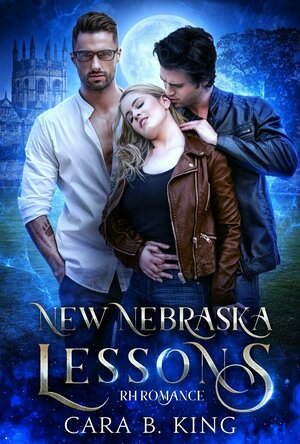
New Nebraska Lessons
Book
She’s the only human on campus. Four paranormal guys all want a taste. But now a killer might beat...
Paranormal Reverse Harem Romance

